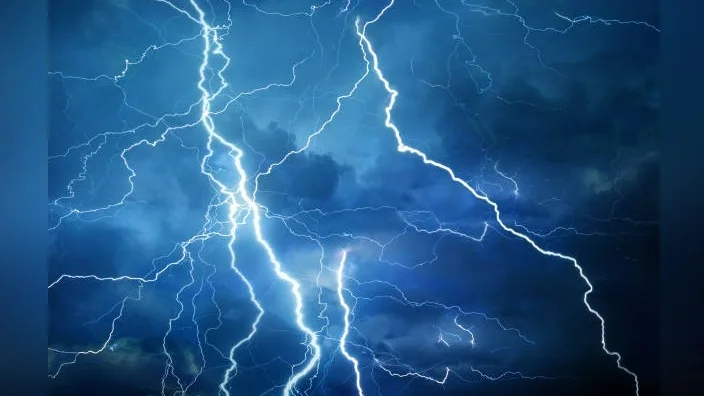The Trump administration announced on January 21 that it would rescind a long-standing policy preventing Immigration and Customs Enforcement (ICE) agents from making arrests at sensitive locations such as houses of worship, schools, and hospitals. This decision comes just before President Trump's second inauguration.
The transition team for President Trump had previously indicated that the administration planned to eliminate this ICE policy, which also prohibited immigration enforcement arrests at events like weddings and funerals without supervisor approval. Catholic immigration advocates have voiced their concerns over the announcement.
On January 20, Acting Department of Homeland Security Secretary Benjamine Huffman instructed that these guidelines be rescinded, along with another directive limiting parameters for humanitarian parole. A spokesperson for the Department of Homeland Security stated, "This action empowers the brave men and women in CBP and ICE to enforce our immigration laws and catch criminal aliens — including murders and rapists — who have illegally come into our country."
Bishop Mark J. Seitz of El Paso, Texas, expressed concern over the policy change in a statement released on January 21. He described it as one of many drastic federal government actions related to immigration that deeply affect local communities and raise urgent moral and human concerns. Bishop Seitz stated that the end of DHS's sensitive locations policy "strikes fear into the heart of our community," causing anxiety among families during everyday activities like worshiping, seeking healthcare, or dropping off children at school.
He assured El Paso's immigrant community that they are not alone in their fears: "We stand with you in this moment of family and personal crisis and pledge to you our solidarity." The Diocese of El Paso plans to continue educating its members about their rights, provide legal services, and work with community leaders to address indiscriminate immigration enforcement.
Dylan Corbett, executive director of Hope Border Institute, commented on the policy reversal: "The reversal of the sensitive locations policy is gravely troubling." He emphasized its potential impact on families within parishes and Catholic institutions while noting serious religious liberty implications.
South Dakota Governor Kristi Noem has been nominated by President Trump to lead the Department of Homeland Security but awaits Senate confirmation.
Kate Scanlon reports for OSV News covering Washington-related topics.
###
 Alerts Sign-up
Alerts Sign-up






